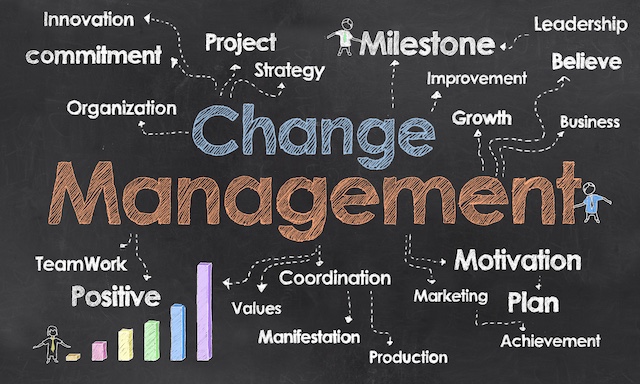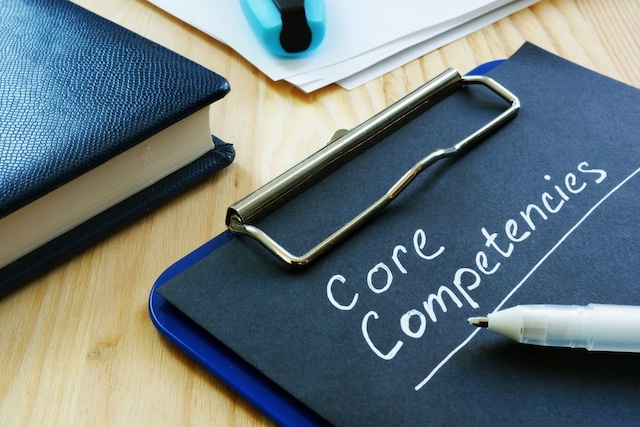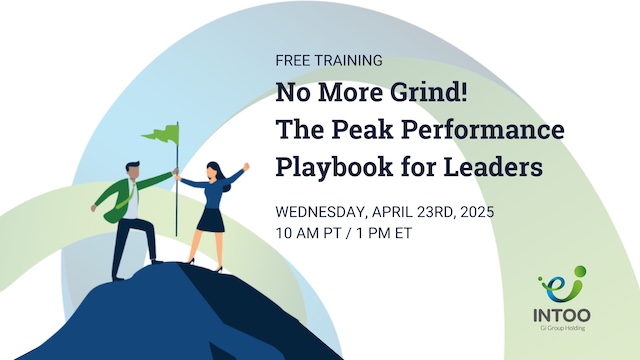Hiring a new team member can be a stressful experience for those who don’t have much experience hiring job candidates. How can you tell which person will be the best fit for the organization? What are the most important traits to be looking out for during the interview process? This guide will go over five methods to determine the perfect candidate for your positions.
1. Know what you’re looking for
Employers should first define what attributes they wish to see from the applicants before holding any interviews. One factor to think about is the personality of the interviewee. Will the candidate have good synergy with your current team, and does their demeanor accurately represent the organization’s culture? You should also think about what qualifications, such as hard and soft skills and experience, would make the applicant an excellent employee. Are there certain licenses or certificates required for the responsibilities of the role? Each trait can help you compare candidates to see who fits all of your pre-listed qualifications.
 2. Look at their skills
2. Look at their skills
Looking into the interviewee’s current skills and past experiences can highlight their key strengths to the employer. Those with the most experience in your industry are more likely to be knowledgeable about the job and may require less training. For technical roles, you may wish to check their knowledge by creating a quiz or task for your candidates to complete to measure the quality of their experience. Applicants who listed their skills on their resume can be evaluated based on the relevancy of each ability to the position.
People with more desirable skill sets will stand out from interviewees with fewer skills. However, also consider how adept a candidate might be at learning new skills or improving their skills while working for you. Someone who has many traits you are seeking but are lacking one or two may still be able to quickly get up to speed on the job, and this type of agility is in itself a positive trait to many employers.
3. Ensure they’ll fit in with the team
You can usually tell if the applicant’s demeanor and personality type will blend well with your current employees. Of course, you should also invite your team members to engage with the candidate to give them a chance to form and share their opinions. The feedback provided by your team will convey whether or not the applicant can fit in with the organization. Any immediate signs of conflict between the interviewee and your employees might prevent the candidate from being hired.
 4. Conduct additional interviews if needed
4. Conduct additional interviews if needed
If you’re still feeling undecided about the interviewee, then you might benefit from holding another interview to fill in the blanks that prevent you from making a final decision. The meetings can include questions you didn’t get to ask from the previous session or follow-up questions to any answers they gave that stood out.
Each interview may be held under a different circumstance. For instance, you may wish to include your employees during one meeting and then introduce the applicant to each department head during the following interview. Seeing how the candidate reacts in different situations could reveal previously unknown aspects of their personality.
Try to get the most out of each interview by being as thorough as possible. After all, each one is taking up your valuable time, as well as the candidate’s. If uncertainty lingers, it may be a sign that the applicant is not right for the role.
5. Go with your gut
Sometimes, your gut instinct can help you hire the right person by leaning towards one over the other. In situations where skill, experience, and personality are evenly matched, a more senior employee may need to step in to make the final decision. There may even be times you decide to choose a candidate with less overall experience due to your instincts. Additionally, situations where you immediately feel uneasy around the candidate may be a sign they are not a good fit for the organization.
One of the most difficult decisions a hiring manager can face is choosing the right applicant from a lineup of top-notch job candidates. Using the tips above, companies will be better positioned to determine which candidate is best suited for the available position. INTOO helps employers of all sizes with cost-effective solutions for every stage of the employee lifecycle, including candidate experience, career development, and outplacement services. Contact us to learn how we can make a difference for you and your employees.


 2. Look at their skills
2. Look at their skills 4. Conduct additional interviews if needed
4. Conduct additional interviews if needed








